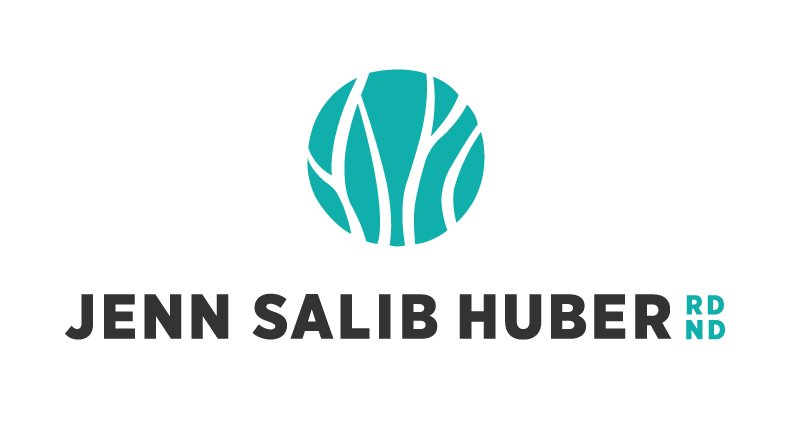The Stages of Dieting Grief
Learning the stages of grief in my undergraduate psychology class has proved (surprisingly) useful over the years. In my personal life, it's helped me cope with the loss of friends and family. And in my work of helping people move away from chronic dieting, it's helped me to understand exactly where people are in their journey.
If you haven't heard of the stages of grief, they are:
Denial
Anger
Bargaining
Depression
Acceptance.
Denial - "What do you mean diets don't work?"
This is a tough one. Almost everyone I see wants a magic cure (who wouldn't?). Even though they usually know I support an intuitive eating approach, they sometimes are holding on to hope that there's SOMETHING out there that they haven't tried. These are hard conversations to have. I get it. I too was once in denial about the reality of diets and thought that *I* was the problem.
Anger - "Why hasn't anyone told me this before?"
Oh, the anger. SO much anger at having been lied to about how ineffective diets are. Anger at the years of self-blame and self-loathing. Anger at the media and the multi-billion dollar industry that preys on our insecurities. Anger at the time, money, and LIFE lost to diet culture.
Bargaining - "I'm going to try ONE more time and then I'll try intuitive eating"
When it comes to making big changes, not everyone is ready and I see people in every stage of readiness. And sometimes, bargaining is a safe place to be as it allows you to keep one foot in each camp. To move forward it can be useful to write down your dieting history, going back as far as you can remember, recalling successes and failures. Putting your dieting history on paper may help you to see that a new diet (or returning to an old one) is unlikely to work and allow you to move forward.
Depression - "I just don't see how I can ever feel happy in this body"
Of all the stages, this is often the hardest. There can be tears, mourning the life we thought we could have if we'd "just lose weight". We mistakenly assume that a thin life will be an easier life or that we will be happier or more successful, etc. It's undeniable that some aspects may be easier due to thin privilege (ie. shopping for clothes), but thinness (like money) can't buy happiness!
To maintain a body shape and size lower than your set point, you have to be constantly vigilant about food and exercise. Spontaneous get-togethers can bring anxiety over what and how much to eat. Vacations are spent planning your next diet. Conversations constantly revolve around food and the "best" exercise". The end result for most is a cycle of guilt and shame that keeps people firmly planted in the diet trap.
Acceptance - "I get it now, I understand that diets don't work and I'm ready to leave diet culture in the dust"
Accepting that diets don't work is great, but it doesn't always come with a full dose of self-acceptance. You can accept that diets don't work AND still have mixed feelings about your body. You can (and will) still have “bad body thoughts” from time to time, and learning to respond to those with self-compassion is part of the process.
Can I help you move through these stages?
Sign up for my newsletter!
Book a free call to see if working with me 1-1 is right for you or learn about one of my online programs.
Join my FREE Facebook Group for support and inspiration – Everyday Intuitive Eating

